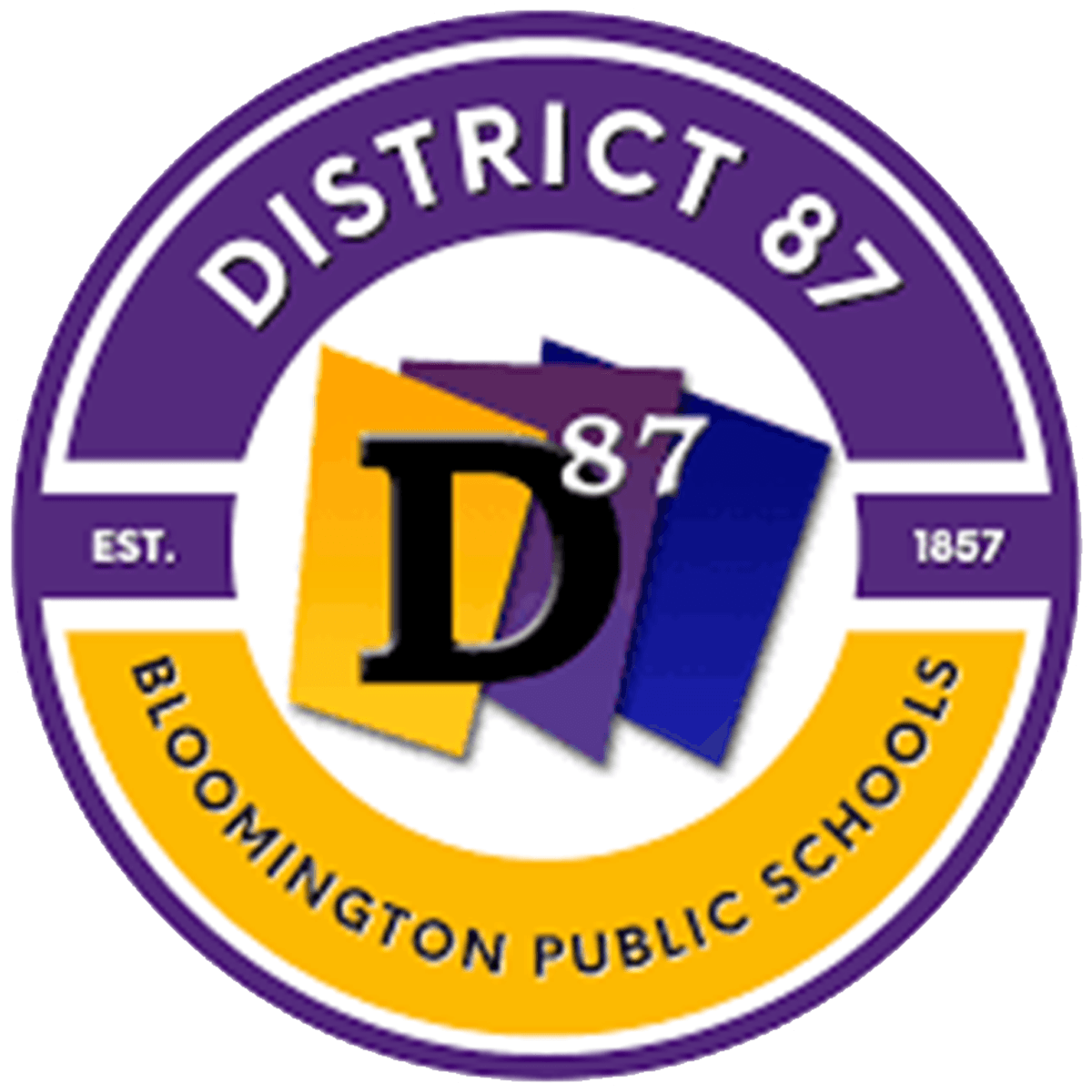Skip to content
Show submenu for About District 87
Show submenu for Family Resources
Family Resources
Registration Resources
Technology Resources
Show submenu for Departments
Departments
Communications/Community Relations
Finance
Health/Wellness
Multilingual Programs
Student Services
Show submenu for School Board
Registration
Athletics
Employment
Show submenu for
